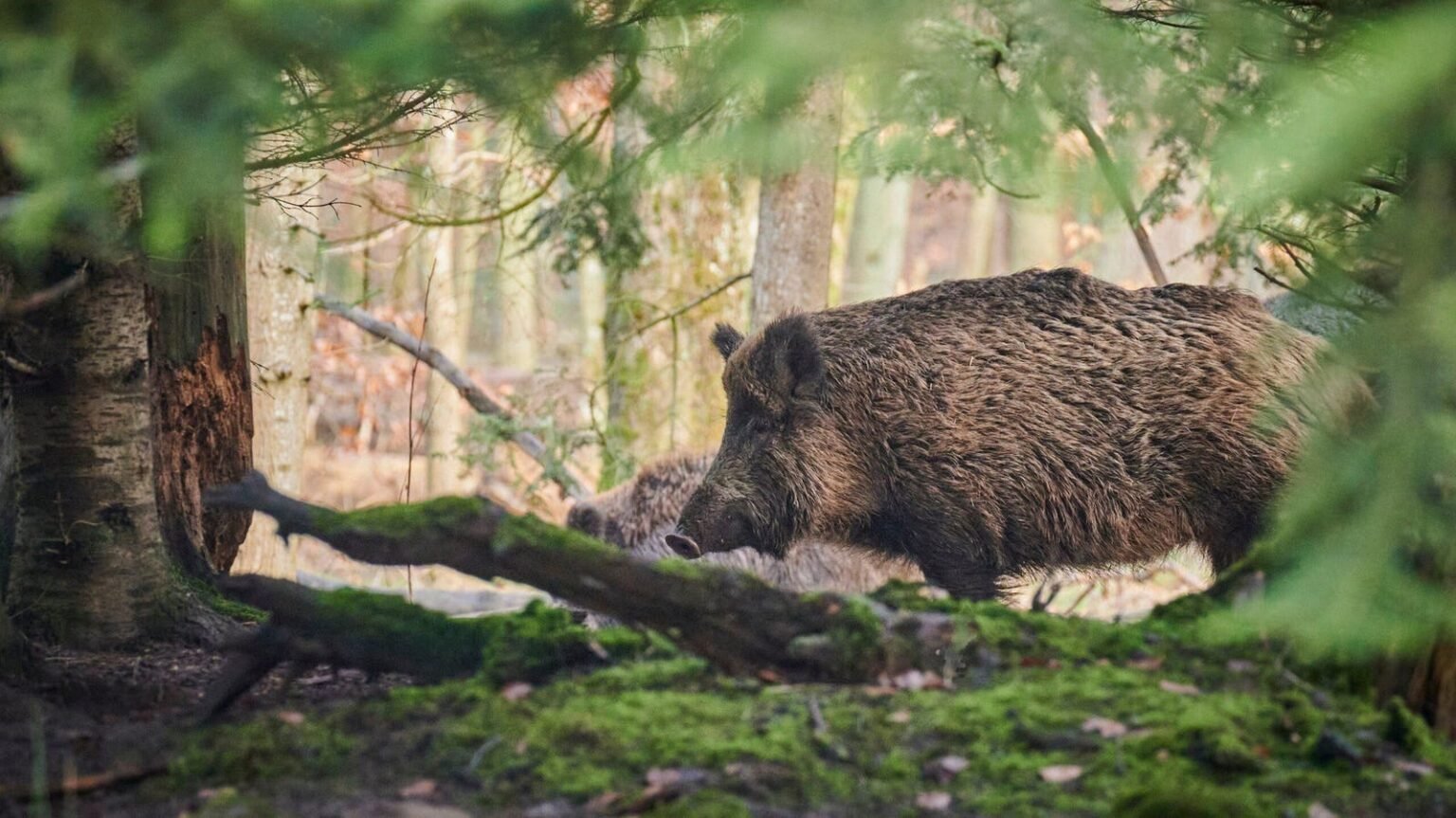A new study has found that European wild boar, Sus scrofa, contains toxic PFAS (per-and poly-fluoroalkyl substances) at levels that are nearly five times greater than what is allowed under EU law in meat sold for human consumption. PFAS are a group of more than 12,000 synthetic chemicals that are nearly indestructible and toxic at extremely low levels. These chemicals are found almost everywhere and pose significant risks to human health, including cancer, fertility issues, and liver damage.
The study was conducted on wild boar living in the Bohemian Forest National Park in the Czech Republic, a protected site since 1963. The park is home to around 400 wild boar, whose population is annually controlled, providing scientists with access to liver samples. Wild boar were selected as bio-indicators of PFAS levels in the environment because they root around in the soil and eat a variety of plants, small animals, and even soil, which can be a major source of PFAS contamination.
A total of 29 wild boar livers were tested for 30 different PFAS compounds, with median amounts found to be nearly five times the maximum amount allowed in game offal under EU laws. Dr. Viktoria Müller, co-lead author of the study, expressed concern over the levels of contamination in the wild boar in the national park, especially since wild boar meat and offal are consumed by humans. Compared to earlier studies in a rural area of northeastern Germany, the boar in the Šumava National Park contained twice as much PFAS.
The types of PFAS found in the park matched those generally found at background levels, suggesting atmospheric deposition from sources like rain and wind, but the high concentrations found in the wild boar warrant further investigation. Dr. Müller emphasized the need for a bigger study to determine why the boar in the park are heavily contaminated with PFAS. The study highlights the risks associated with consuming wild boar meat and offal that may contain high levels of these toxic chemicals.
As PFAS are becoming more prevalent in the environment, it is crucial to monitor their presence in wildlife and food sources consumed by humans. The study raises awareness about the potential health risks associated with consuming wild boar meat and offal containing high concentrations of PFAS. Further research is needed to understand the sources of contamination and develop strategies to reduce exposure to these harmful chemicals in the environment.

